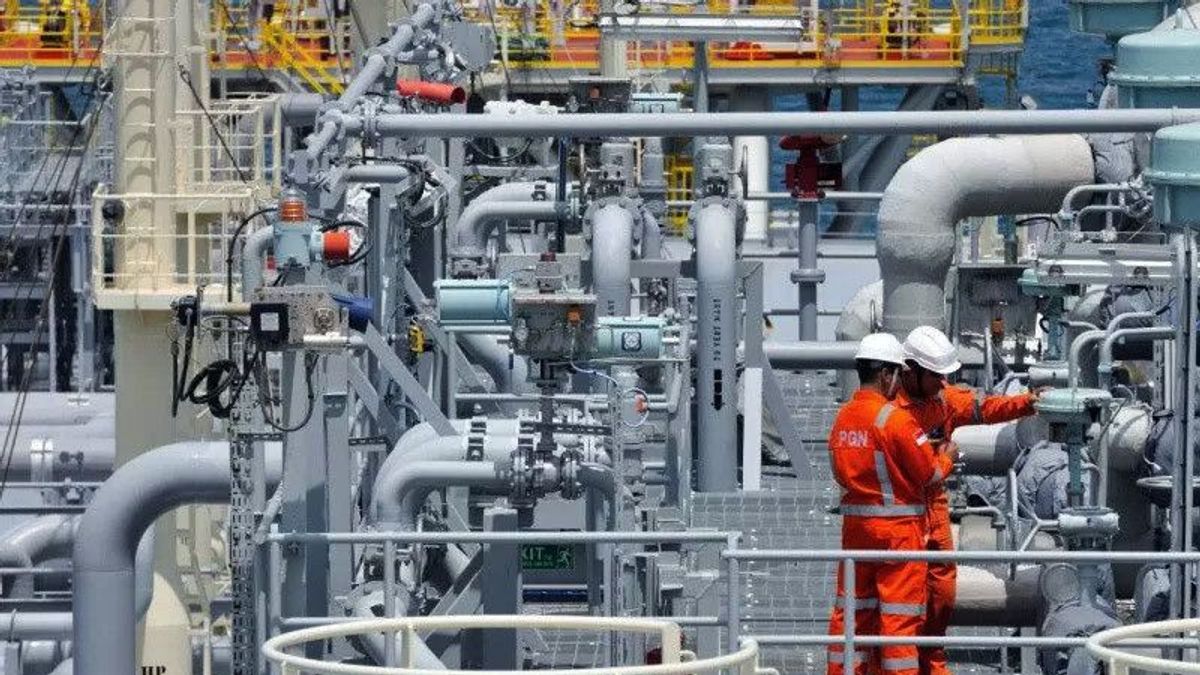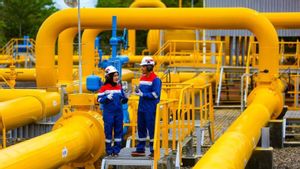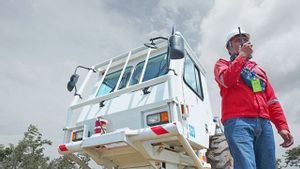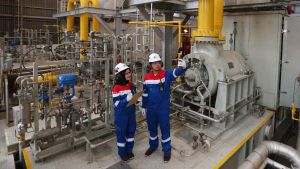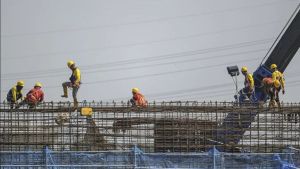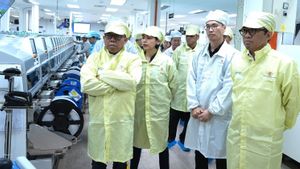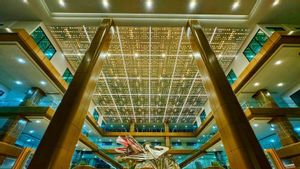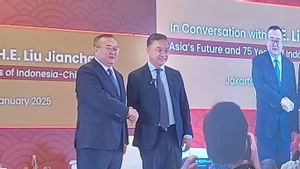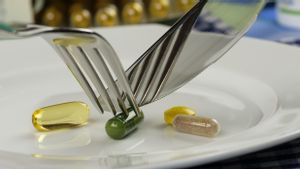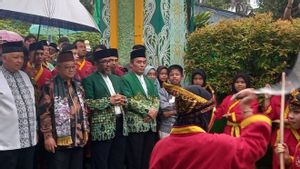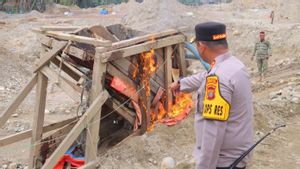JAKARTA - PT PGN Tbk (PGAS) opens up opportunities for cooperation for 3 to 4 Biomethane Plant Development projects in Sumatra. The total cost of this project reaches 20 million US dollars, with costs of around 4 to 5 million US dollars for each project.
Pertamina's Director of Strategy, Portfolio, and Business Development, Atep Salyadi Dariah Saputra explained, the process of extracting crude palm oil produces Palm Oil Mill Effluent (POME) with a total of 0.5 0.75 m3 / tons of fruit. In the PGN biomethana project, PGN will use POME to produce biogas.
"Through further processing of biogas, biomethana is then compressed into Compressed Natural Gas (CNG) to be distributed to industrial customers, hospitals, hotels and shopping centers," he told the media, Wednesday, July 5.
He added that the use of biomethana has the potential to replace fuel oil from fossils, as well as overcome environmental pollution caused by the liquid waste. In addition, this project is also a diversification of PGN's business by producing biomethanes as clean energy.
Having characteristics similar to natural gas, biomethana can also be used as vehicle fuel, electric generator and heating. Biomethana is also better at carbon footprint.
Harry Budi Sidharta as Director of PGN's Strategy and Business Development conveyed that the capacity of this biomethanese production reached 432,000 MMBTU/year. PGN will also allow the transportation of biometana from Sumatra to potential offtakers in Java and Sumatra areas using gas pipelines.
This project will be located in Sumatra, most of the oil palm plantations are located. PGN has a transmission gas pipeline in Sumatra, so we will try to transport this biometana using a gas pipeline network from Sumatra to the Java and Sumatra areas," said Harry.
The Biomethane Plant Development project is targeted to be completed by the end of 2023. By collaborating for this project, external partners can benefit from the Internal Rate of Return (IRR) and also guarantee requests by customers.
另请阅读:
"This is an opportunity to develop biometana as New Renewable Energy (EBT) in Indonesia," said Harry.
Harry added that currently PGN is trying to get the LNG Arun terminal to become an LNG Hub leader in Asia. This is because of the potential for large LNG storage needs in Asia Pacific. The step currently being taken is to maximize the storage capacity in Arun by revitalizing the idle F-6004 tank since 2004.
In the future, there will be an increase in capacity with investment in new storage development so that capacity can be doubled. Harry also invited external parties to be able to cooperate in supporting this strategic project.
'LNG is the future of our business, and PGN is open to strategic partners,' concluded Harry.
The English, Chinese, Japanese, Arabic, and French versions are automatically generated by the AI. So there may still be inaccuracies in translating, please always see Indonesian as our main language. (system supported by DigitalSiber.id)
